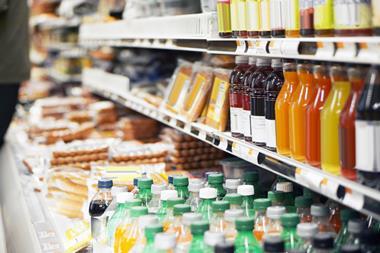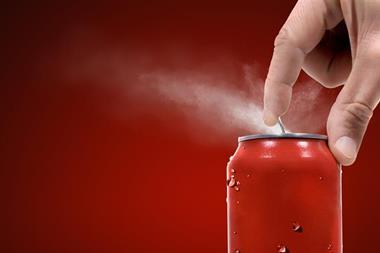Scottish government plans to restrict promotions on foods high in fat, salt and sugar would heap considerable costs on to convenience retailers, the Scottish Grocers Federation (SGF) has warned.
The SGF was responding to the Scottish government’s consultation on a new Diet and Obesity Strategy, which closed on 31 January.
The SGF submission also highlighted a lack of evidence that restricting promotions would have a positive effect on diet-related health.
SGF head of public affairs Dr John Lee said: “Promotions enable retailers to differentiate themselves, stay competitive and respond to the needs of their customers. It is important that the government accurately understands the role and context that convenience stores play in relation to customers daily lives and shopping habits.”
In its consultation document the Scottish government said that 35% of all food and drink purchased was on price promotion, with food high in fat, salt and sugar more likely to be purchased on promotion than healthier alternatives.
“We have engaged the food and drink industry on voluntary action to support healthier diets, most recently through our Supporting Healthy Choices Voluntary Framework. Despite constructive engagement with the food and drink industry, this approach has not delivered sufficient commitment to action, particularly in relation to promotions. We therefore believe that more specific targeted action is required to improve the balance of promotional activity towards healthier options,” it said.
“We will therefore take forward measures to restrict the promotion of food and drink high in fat, sugar and salt.”
Proposals for legislative action could include action on multi-buys and temporary price promotions, it added.
The consultation document also asked for opinions on extending current restrictions on the advertising of food and drink high in fat, salt and sugar to all programmes before the 9pm watershed.
It also plans to explore advertising restrictions on buses, trains and transport hubs and to extend the scope of the Soft Drinks Levy (to be implemented this April) to include sugary milk-based drinks containing less than 95% milk. “The current threshold of 75% is much too low, allowing milk to be used as a carrier of added sugars into children’s diets,” it said.
“We will also continue to engage with industry on opportunities to increase the promotion and availability of healthy food, building on work already underway – in particular the Scottish Grocers Federation Healthy Living Programme, which seeks to increase the range of healthier products on offer in convenience stores in low income areas.
“We will also work with retailers to promote uptake of the Healthy Start Programme and implement the industry-led Fruit, Vegetables and Potatoes Action Plan for increasing the consumption of Scottish produce,” it added.
The Scottish Local Shop Report 2017 – produced jointly by SGF and the Association of Convenience Stores (ACS) - shows that for a typical convenience store in Scotland, the fruit and vegetable category contributes more to sales volumes than soft drinks and confectionery. Fruit and veg makes up 6.4% of sales compared to 5.9% for soft drinks and 5.3% for confectionery.























1 Readers' comment